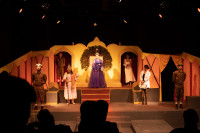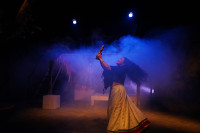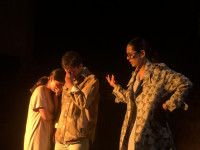Theater
A theatrical celebration across the border
‘Nepal-Bharat Rang Mahotsav 2025’ featured powerful performances.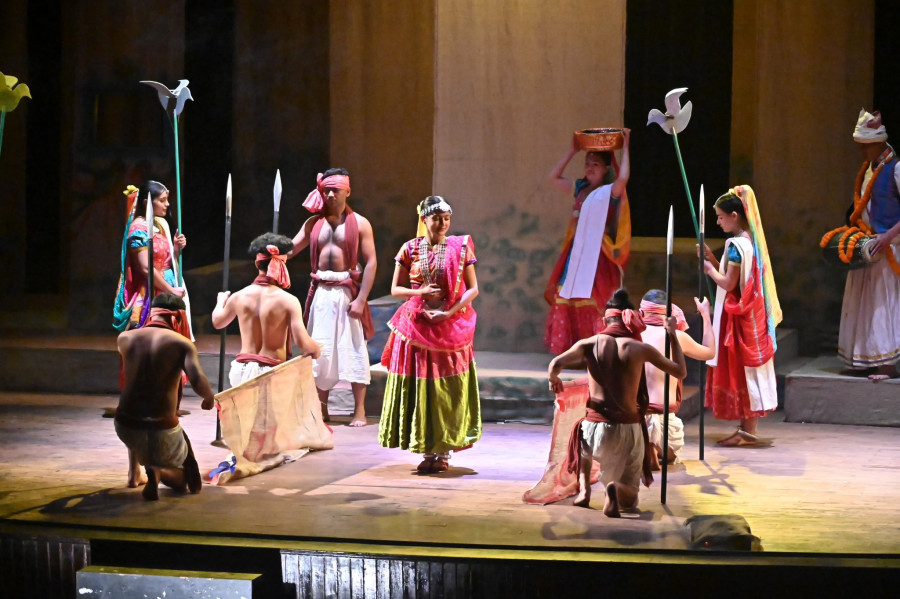
Post Report
The ‘Nepal-Bharat Rang Mahotsav 2025’, supported by the BP Koirala India-Nepal Foundation, featured six performances—three from Nepal and three from India—highlighting historical narratives, folklore, social themes, and personal struggles. Organised through a collaboration between the National School of Drama (NSD), India and the Nepal Academy of Music and Drama (NAMUDA), the festival provided a platform for stories rooted in cultural heritage while engaging with contemporary issues.
The festival opened on February 5 with the Nepali play ‘Gachhami’, directed by theatre director Sunil Pokharel. The play depicts the transformative journey of Shakyamuni Gautama Buddha, focusing on his renunciation, search for wisdom, and enlightenment. It also explores the role of his family in shaping his path.
On February 6, ‘Katha Kasturi’, adapted from Nayan Raj Pandey’s novel ‘Sarpadansh’ and directed by Deeya Maskey, invited audiences into the world of snake charmers. Blending folklore with everyday struggles, the play examined the experiences of a community often relegated to the margins.
Continuing the momentum, ‘Joon–Pari Katha Matra Hoina’, directed by Namrata KC, captivated the audience on February 9. This musical dance drama revisited childhood tales, transforming them into a reflective piece on modern societal shifts. Blending movement and storytelling, the play encouraged audiences to look beyond the nostalgia of fairy tales and consider their deeper human messages.
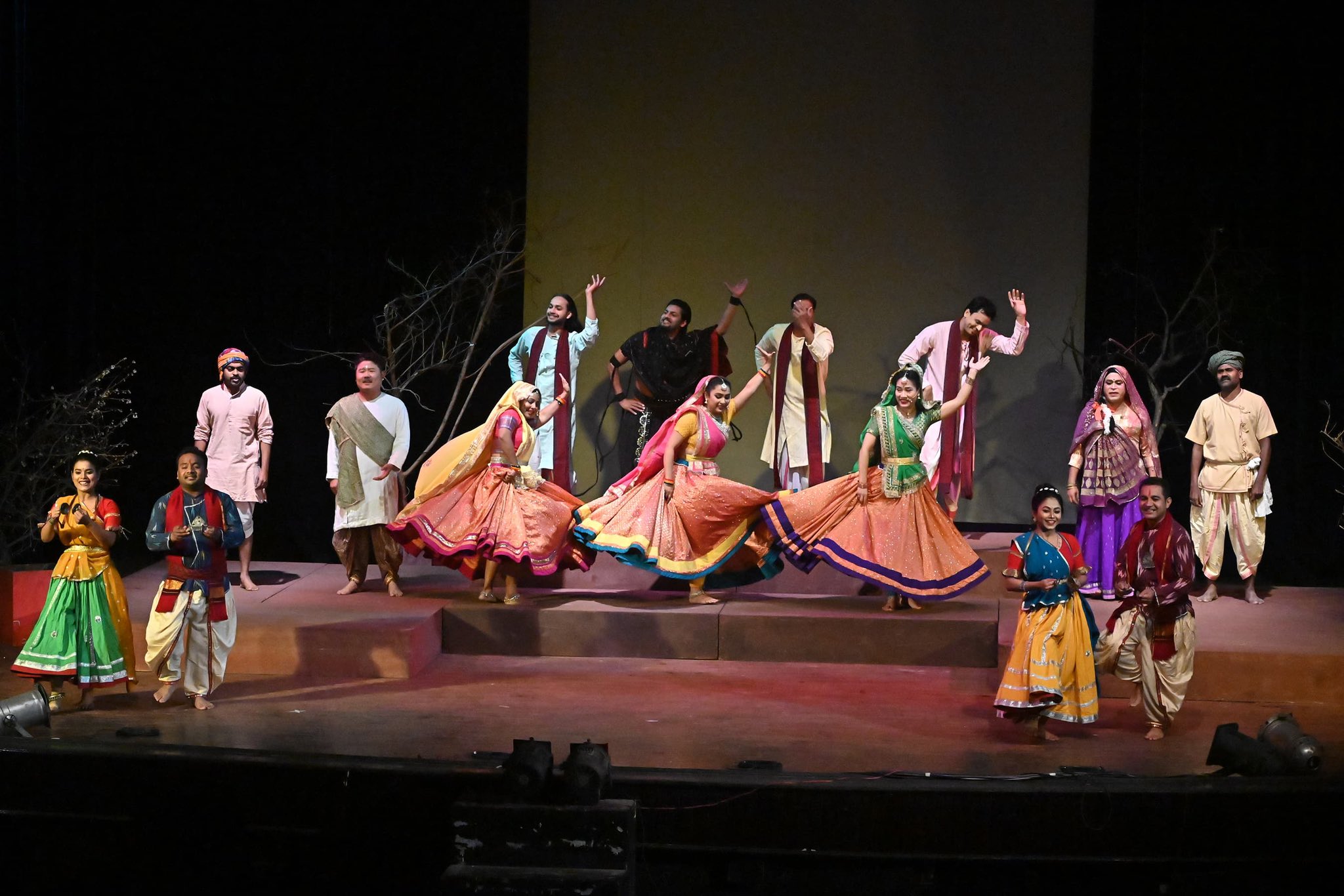
The Indian productions brought equally thought-provoking narratives. On February 10, ‘Mai Ri Mai Ka Se Kahoon’, based on Vijaydan Detha’s story ‘Duvidha’ and directed by Ajay Kumar, explored the internal conflicts of a woman caught between personal desires and societal expectations. Performed in Hindi at the Nepal Cultural Corporation Auditorium in Jamal, the play presented a nuanced look at gender and tradition.
On February 11, ‘Babuji’, based on the play by Mithileshwar and directed by Rajesh Singh, examined family relationships and generational conflicts, resonating with many in the audience.
The festival concluded on Wednesday with ‘Taj Mahal Ka Tender’, a satirical masterpiece written by Ajay Shukla and directed by NSD director Chittaranjan Tripathy. The play humorously critiqued bureaucracy and red-tapism through the story of Emperor Shah Jahan’s struggle to build the Taj Mahal amidst endless government procedures and corruption.
As the festival ended, NSD Director Tripathy reflected on the theatre’s role in fostering cultural dialogue. “Theatre is not merely an art form; it is a mirror to our society, a space where ideas, traditions, and emotions converge. ‘Nepal-Bharat Rang Mahotsav’ has demonstrated this through its diverse performances. Whether from Nepal or India, these stories remind us that our struggles, hopes, and laughter are shared. As we conclude this festival, let’s carry forward this spirit of collaboration, learning, and artistic excellence.”
Indian Ambassador Naveen Srivastava also emphasised the festival’s importance by saying, “Events like these strengthen the artistic ties between our nations, celebrating the shared narratives and traditions of our theatre.”
The festival was attended by several guests, including the State Minister for Culture, Tourism, and Civil Aviation of Nepal, Arun Kumar Chaudhary.




 10.12°C Kathmandu
10.12°C Kathmandu
